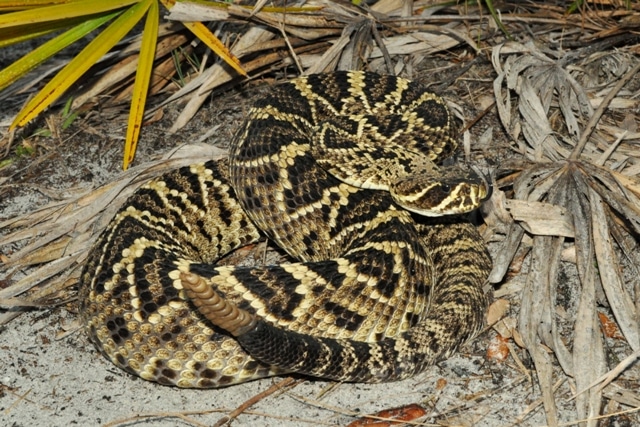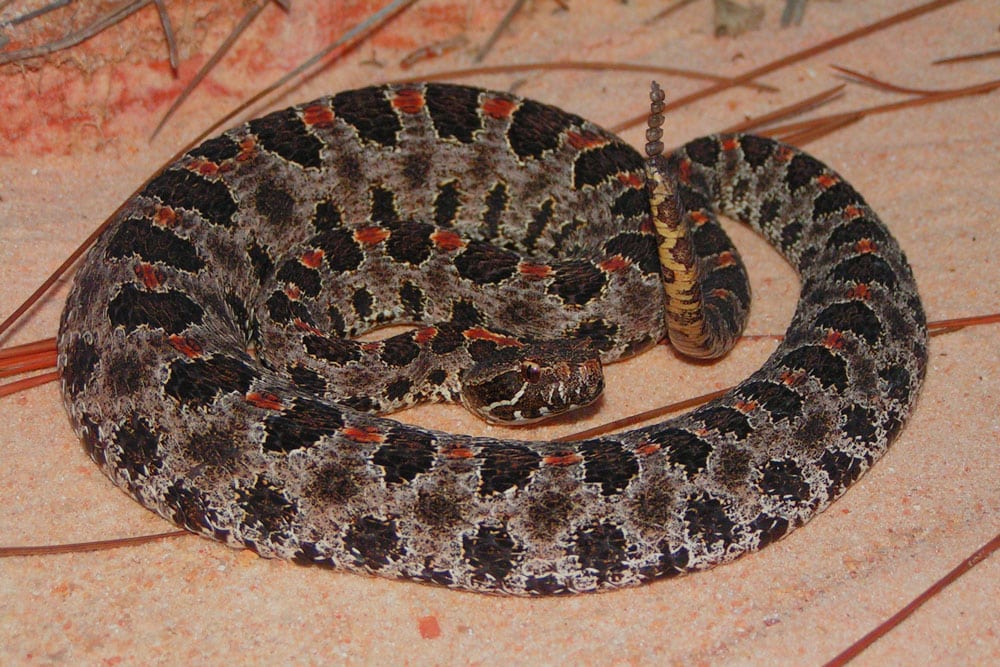The bill, if passed would increase penalties to up to five years in prison, five years probation and a $5,000 fine.
A bill that would have made it a felony to release any venomous reptile in the state of Florida has been amended to exempt native venomous reptiles that were captured for research, conservation or relocation purposes.
Rep. Shane Abbott (R), sponsor of HB1161, told the United States Association of Reptile Keepers Florida (USARK FL) the bill has been amended. The original wording of HB1161 and Senate bill SB1164 was overly broad, according to USARK FL, and would have imposed felony penalties for those who released native venomous snakes with no exceptions for research or humane relocation. The bills were originally written to prevent the illegal sale and release of venomous reptiles. Current FWC rules already make it a crime to release nonnative venomous snakes. The bill, if passed would increase penalties to up to five years in prison, five years probation and a $5,000 fine.

Eastern diamondback rattlesnake captured, tagged, and released as part of a University of Central Florida research project (Photo by Daniel Parker)
“This amendment is a good thing for native venomous snakes,” USARK FL President Elizabeth Wisneski said in a statement released to the media. “We are still looking for clear definitions on terms like ‘gross negligence’ and how they apply to reptile keepers. The language of the bill needs to be very clear. We are concerned about how broad interpretation by law enforcement could cause hardship for people in our industry, as it has on other issues. We will continue to communicate our concerns to our elected representatives.”
Florida’s Venomous Snakes
Florida’s six native venomous snakes include the Eastern diamondback rattlesnake (Crotalus adamanteus), canebrake (timber) rattlesnake (Crotalus horridus), Dusky pygmy rattlesnake (Sistrurus miliarius barbouri), Florida cottonmouth, or water moccasin (Agkistrodon conanti), Southern copperhead (Agkistrodon contortrix), and Eastern coral snake (Micrurus fulvius). The canebrake rattlesnake and Southern copperhead are only known to inhabitant small pockets of Northern Florida.



